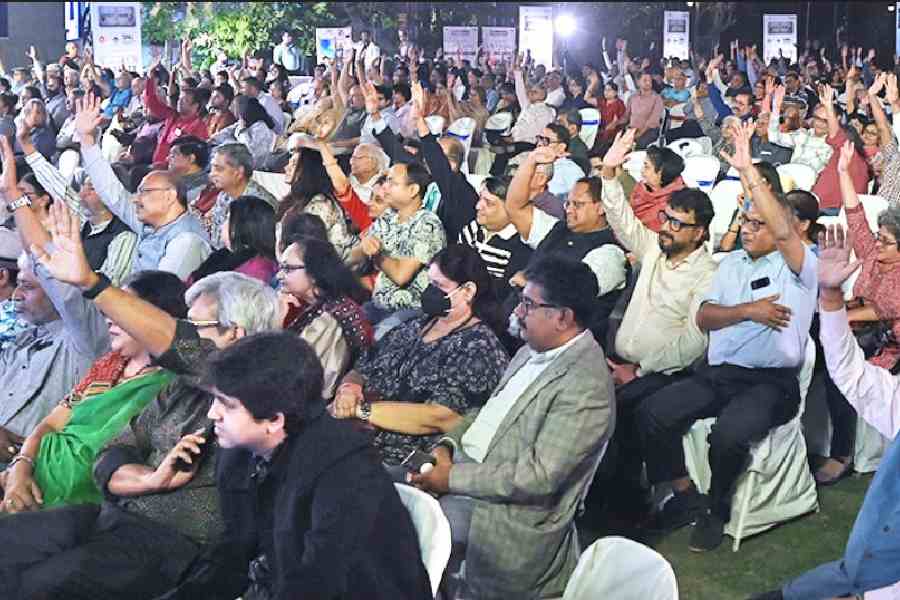 |
| File picture of a Sattriya performance |
June 13: Bored of spending your weekends at the same old multiplexes, parks and malls? If so, Shilpgram can be your next destination, as the North Eastern Zonal Cultural Centre is starting a series of cultural programmes every weekend from July.
“Besides the cultural programmes there will also be theme-based events every weekend. For example, if a week highlights Nagaland, the focus will be on the culture of that particular state — its music, food, handlooms and handicrafts,” said the centre’s director, Som Kamei.
There is good news for foodies too. “Another highlight will be the food court. Every week the food court will provide the regional cuisine of the particular state,” said Kamei. If someone loves Manipuri eromba, Khasi jadoh or Naga-style pork cooked with bamboo shoots, the food court at Shilpgram will cater to everyone’s taste buds.
“Shilpgram was started as a cultural amphitheatre where people can enjoy the various cultural forms — performing arts, handicrafts, food and others — of the region. The decision to start regular cultural performances was made to make the place a weekend retreat for the Guwahatians. Besides these, we also aim to give exposure to the folk artistes of the region,” said Kamei.
ICCR will host performances by artistes from Assam, while NEZCC will sponsor programmes from other Northeast states and other states of the country.
“The performances will cover folk dance and music to rock shows and even book and poetry reading sessions,” said Kamei. The first programme of the weekend retreat is a Sattriya performance by G.B. Sarma. On July 9, there will be a Hajong folk dance. For children, there will be a workshop on Assamese folk song and dance on July 10 and 19.
Apart from these, NEZCC is also pulling up its socks to make its guru-shishya parampara scheme more feasible. “We started the scheme in 2003. We emphasise more on dying art forms. For example, ojapali is not popular among the new generation. The gurus in the field will train students on such art forms. Till now, the course was not recognised by any university. But we have signed a memorandum with Ignou and they will provide certificates to these students,” said Kamei.
“This course will help students find employment, as this will now be under Ignou now. We have carried out various workshops in states like Meghalaya where many students were trained to make traditional drums. We hope this will help us conserve our traditional art, craft and music,” said Ignou professor Debjani Roy.










